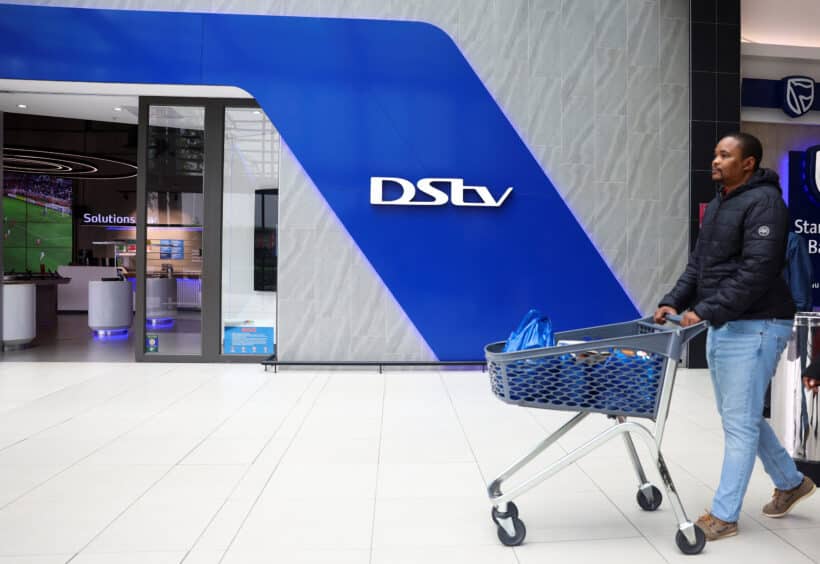
Ghana’s government has given satellite broadcaster DStv until Thursday to reduce subscription fees or risk having its broadcasting licence suspended.
- Ghana’s government demands DStv reduce subscription fees by August 7 or face suspension.
- Communications Minister Samuel Nartey George directed the NCA to enforce regulatory compliance.
- DStv rejected the government’s proposed 30% price reduction citing economic challenges.
Ghana’s government has issued a stern ultimatum to MultiChoice Ghana, ordering the pay-TV operator to cut DStv subscription prices by 30% before August 7.
Speaking on Monday, Minister of Communication, Digital Technology and Innovations, Samuel Nartey George, said he has instructed the National Communications Authority (NCA) to initiate suspension proceedings against MultiChoice Ghana if it fails to comply with regulatory expectations for a price reduction.
“I have directed the NCA to act swiftly. If by the 7th of August DStv has not complied, their broadcasting licence will be suspended,” George said.
The standoff follows DStv’s rejection of a government proposal demanding a 30% cut in subscription prices. George criticised the company’s justification for high prices, citing the cedi’s 200% depreciation over the past eight years, as insufficient.
He pointed out that this reasoning is no longer valid, given Ghana’s economic outlook.
In 2025, the cedi has been one of the world’s best-performing currencies, appreciating by 40% against the U.S. dollar, second only to the Russian ruble, according to Bloomberg data.
George further highlighted stark pricing disparities across markets, noting that MultiChoice charges $83 for its premium bouquet in Ghana, compared to just $29 in Nigeria for identical content.
MultiChoice responds
MultiChoice Ghana, a subsidiary of South Africa’s MultiChoice Group, dismissed the government’s demands as “not tenable” in a statement on Sunday. The company argued that economic conditions and the need to sustain service quality made such a reduction unfeasible.
Managing Director Alex Okyere warned that enforced price cuts could lead to job losses and reduced service offerings for consumers. He added that MultiChoice had presented alternative proposals to the Minister and the NCA to resolve the dispute.
However, George swiftly rejected those proposals via a post on X (formerly Twitter), questioning why MultiChoice had complied with a court order to suspend price hikes in Nigeria but was unwilling to do the same in Ghana.
Among the company’s suggestions was an offer to freeze current pricing while halting revenue remittances to its headquarters, a proposal George dismissed as illogical.












